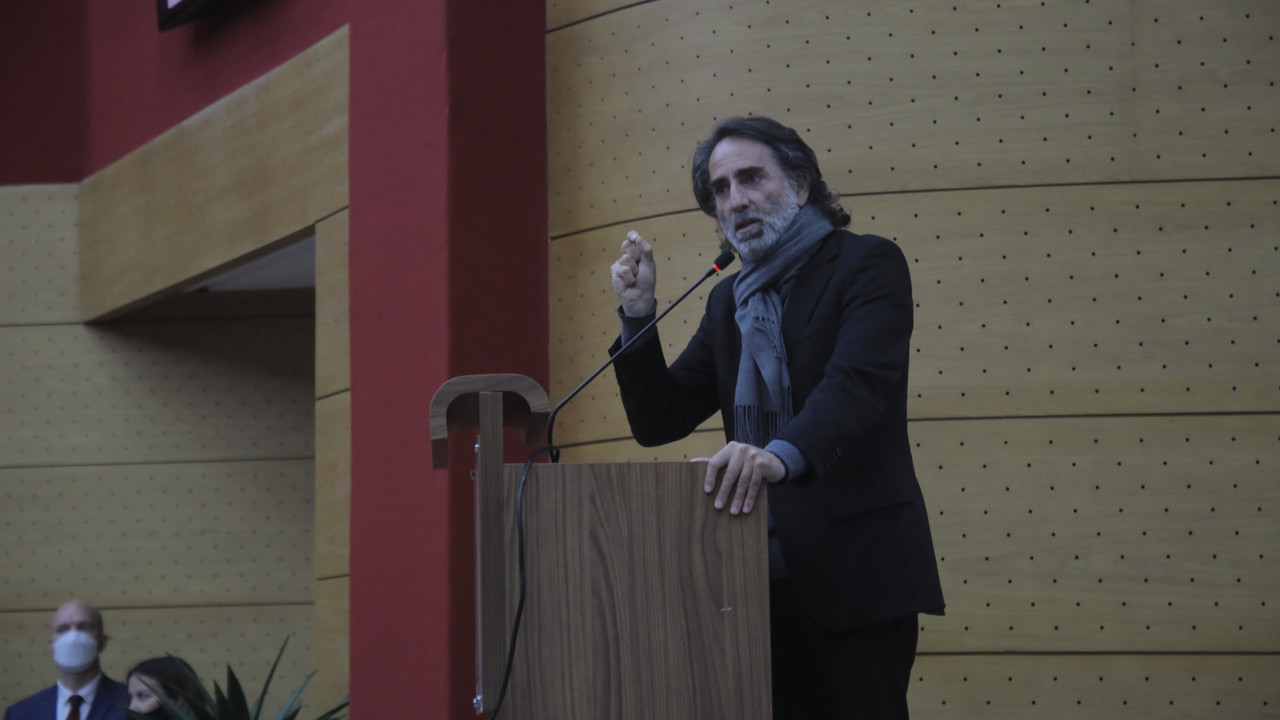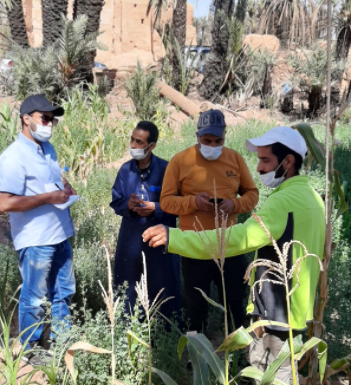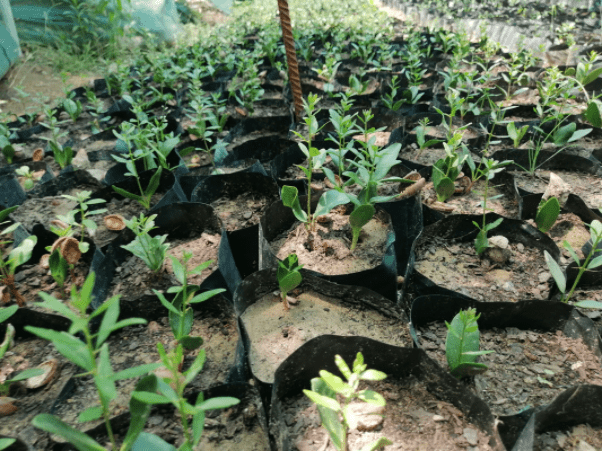By Kristin O’Donoghue
HAF-UVA Intern

In “Empowering Rural Participation and Partnerships in Morocco’s Sustainable Development,” Dr. Ben-Meir defines Morocco’s goal as to “utilize participatory approaches to achieve projects that are sustainable and that measurably enhance the standard of living, knowledge, longevity, and engagement in society.” Participatory development allows community beneficiaries to occupy a central position in creating solutions to the everyday problems they experience. This makes perfect sense: those with local knowledge understand what will prove most effective and what issues should be prioritized in the development of the nation.
It is also important to foster partnerships across sectors and communities to ensure that comprehensive solutions are sought. Dr. Ben-Meir argues that right now, “there is generally inadequate coordination among ministries to achieve the synergies of these national initiatives, and a lack of popular understanding and the needed skills in order to translate them into reality.” Partnerships among NGOs, business, and governments — local and national — generate solutions that cannot be achieved by any of these entities on their own. A business-government relationship is especially important regarding agriculture work.
I really appreciate the focus on results: the impact of development work should be tangible and measurable. Often, organizations set out with lofty, abstract goals that sound great on paper, but the organizations fail to execute or follow through. Holding organizations accountable and ensuring that they implement the programs that they develop is essential in order to actually make progress. I think that it is easy to veil failed implementation efforts by claiming that the results are impossible to observe concretely, but this is often not the case. While women’s empowerment, for example, sounds like an abstract concept that might be difficult to measure, the degree to which women are more empowered is demonstrable in literacy rates, women’s role in the economy, and birthing rates. I appreciated what Dr. Ben-Meir said in class about thesis statements and academic papers that make no attempt to suggest solutions or problem solve. It frustrates me too — academia should not and cannot exist in its own realm; it must respond to the world it observes. It should apply the knowledge that it documents in the service of a greater good. Knowledge for the sake of knowledge is moot. To be blunt, it is a selfish and fruitless endeavor to write papers about social ills and problems without trying to solve them.
For example, in “Empowering Rural Participation and Partnerships in Morocco’s Sustainable Development,” Dr. Ben-Meir cites Gal Kamarski’s (2018a) published report which “indicates that the initial self-discovery workshops, utilizing participatory democratic procedures, helped women to identify economic solutions for development.” It is also important that women’s empowerment programming does not exist in isolation from other programs — it must operate in conjunction with education and other capacity building efforts. A decentralized approach that starts with local and regional communities rather than from the top-down can more effectively respond to the situation on the ground. A top-down approach that imposes uniform solutions neglects the particularities of various environments where issues must be addressed. While there are overarching problems that exist across the Global South, blanket solutions cannot be applied to all of them and result in meaningful progress. Women’s empowerment needs will inevitably different in rural and urban communities, for example. This is one reason that the abstract, lofty goals of well-meaning organizations fall flat. Working with people who live in these communities will allow organizations to adequately address the problems they experience, as HAF does.





